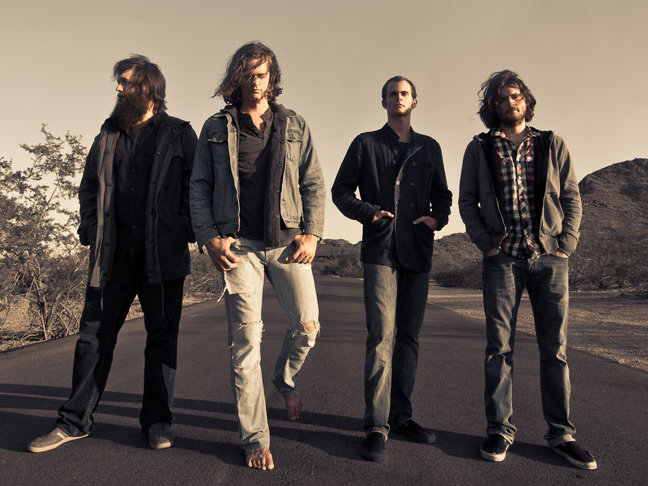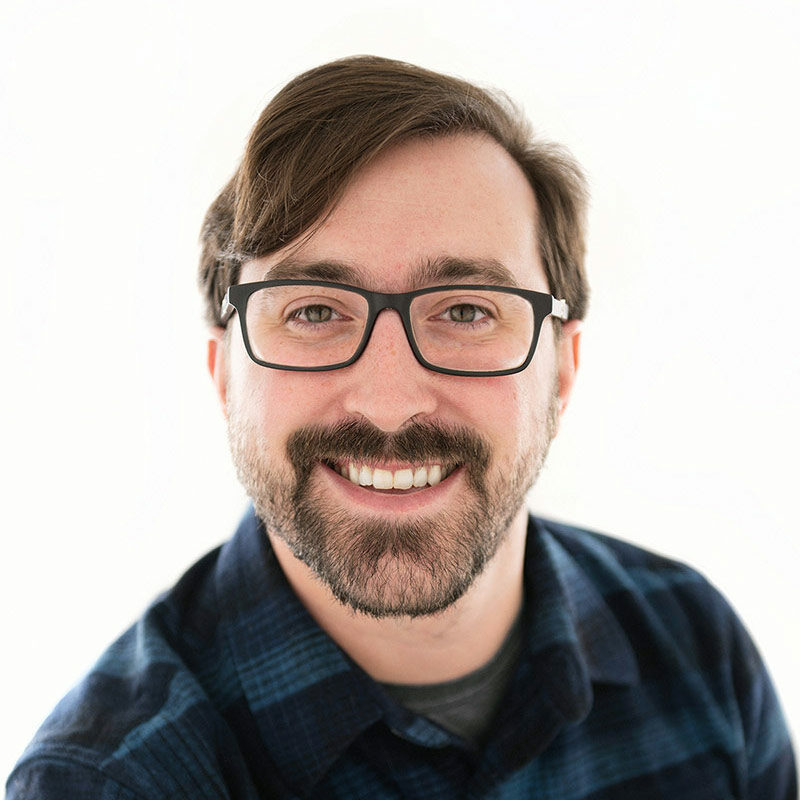The road to fame covers many miles. In the case of the alternative rock band Kongos, forget miles; before it was even a band, its journey had already covered several continents.
Three of the four brothers that make up the band were born in London. Then the family moved to South Africa, where they lived for a while before making their way over to Phoenix in 1996. All the while, the brothers – Jesse, Johnny, Dylan and Daniel Kongos – grew their appreciation, knowledge and love for music, eventually forming a band together.
Now, thanks to hits like "I’m Only Joking" and the stomp-happy "Come With Me Now," the band has grown from a family matter to a global sensation, with the next stop on Saturday, June 28 at the U.S. Cellular Connection Stage at Summerfest (at 10 p.m.). Before the Kongos hit the stage, OnMilwaukee.com got a chance to chat with Jesse about the band’s origins, a pop star dad’s influence and music across the globe.
OnMilwaukee.com: Do you remember any major differences between the music scenes of those three countries?
Jesse Kongos: We were quite young when we lived in London and South Africa, but we’ve been back a lot in the last three years, so we’ve gotten to see the differences. In essence, there’s no real differences; they all like a lot of the same music. But one thing in South Africa is that the festival scene is really, really strong. Even if it’s not an international festival, there’s something really cool going on every weekend at their local festivals.
Also, when they do get international artists, they just go nuts because it’s a little bit of a rarity for them. For instance, when Lady Gaga or somebody goes there, even if people aren’t fans, they’ll go to the show. It makes for a really amazing audience. Our shows there have just been incredible.
And London … London’s a bit of a tough nut to crack. There’s a very cool, almost trendy scene there. If you get into it, you’re set and golden, but it’s a little bit cliquey it feels like. But we’ll see how it goes over there.
OMC: Have you noticed any particular musical influences on your music from these different hometowns?
JK: It’s partly where we lived and the cultures that surround you, and it’s also that, growing up, our dad (singer-songwriter John Kongos) had a massive, very diverse music collection. He played us everything, even just in the background when we were playing. You’d always have something kind of obscure or exotic on. So we grew up listening to everything from classical, opera, classic rock like The Beatles, tribal music. It all really kind of filtered into our subconscious, I think, and I’m sure it comes out in our own music.
OMC: Are there any particular records or bands from back then that really impacted the band’s sound?
JK: Definitely some of the tribal music. If you listen to some of our dad’s singles from the ’70s, he was also really into African music. And then there were some West African bands were really influential. I would also say Bob Marley, even though he’s not necessarily directly audible in our music. Just the production and the feel and the style of Bob Marley’s records, I think, was quite influential. And then from a songwriting standpoint, definitely The Beatles.
OMC: When did you guys actually start coming together as a band?
JK: Our first official time playing out was in 2003. It was a high school talent show, and it was not very good. But it got us on stage all together. From that point on, we started to see it as a potential career. We always played music when we were kids, jamming together and whatever.
Starting around 2003, we started to write songs and do the occasional gig, and then in 2007, we released our first album, and that’s kind of when we got serious about it.
OMC: What is the biggest difference from that first album to now on your latest album, "Lunatic"?
JK: I’d say the biggest difference is that first album, we spent a lot of time in the studio. We were very fortunate to have access to a studio that our dad built, so we had endless hours to experiment, to try stuff and to learn how to record. And then, we constructed an album.
By the time we got to "Lunatic," we’d done a lot more gigs, and we decided we didn’t want to put another album out until there was some actual demand for our music. So we just started working on singles, and very often, we’d go and play our new songs live before we finished recording them. I think playing them with a band really helped the arrangement and helped us capture the same energy on the record. So it was more the construction on the first album versus the combination of constructing a record as well as learning to play it and capture it.
OMC: It sounds like your dad was a massive influence on you guys. Did he give you any advice, as a musician himself, especially in these past few years while you’ve been blowing up?
JK: He’s kind of been a guiding force for us all our lives, especially musically. Both of our parents have been super supportive, and they’ve been behind this project all the way. But in terms of awareness of possible issues in the business, as well as musical and artistic guidance, he’s been very influential. When it gets to signing deals and looking at long-term contracts, he’s been very helpful in the respect that he’s gone through a lot of those things himself, so he knows what to look out for. So that’s definitely been a plus.
OMC: What is it like being a band on the rise right now?
JK: You know, it’s pretty much everything that a band hopes for. There’s no complaints. We’re on the bus most of the time or on a plane, all over the world doing all sorts of stuff. I would imagine it’s every band’s dream come true. So far, there are no downsides (laughs) other than lack of sleep.
When you make an album and you hope people will hear it, you’re in a certain mindset. And then, when people do actually get to hear it and they respond and you go to these cities you’ve never been to and actually play to a crowd that knows the words, that’s the real appeal. When you actually see people in front of you singing the songs. It’s really cool to hear chart numbers and sales numbers and all that, but it really clicks when you’re actually in front of people and they respond to you.
OMC: What was the first concert where you had that experience?
JK: South Africa was where it first really happened. In the United States, we built a local following there that got bigger and better every month. But then it really kind of randomly blew up on the radio in South Africa in 2011 with "I’m Only Joking," and then six months later, we were there releasing an album, touring and playing to huge crowds. It was kind of surreal.
After that whole experience – we toured there a bunch for about a year – we came back to the States, and it was kind of back to square one, playing small shows and trying to get it going. It took about a year, a year and a half. In America, Chicago picked up on "I’m Only Joking," and Denver picked up "Come With Me Now." So we went to Chicago, and the crowd went nuts. It was like, "Oh okay; this could happen elsewhere." And then when we got to Denver, it was the same experience.
OMC: What’s it like traveling the globe and working with three other brothers?
JK: I would say it’s 90 percent positive (laughs). I would imagine it’s not any different from any other band. If you’ve been together for a long time, you sort of become like brothers. We almost skipped that stage because we grew up together. We know each other really well, we trust each other and we also know each others’ faults, so we’re able to skip past any issues relatively quickly because we’ve been doing that our whole life.
As much as it is a gigantic cliché to say that one has always had a passion for film, Matt Mueller has always had a passion for film. Whether it was bringing in the latest movie reviews for his first grade show-and-tell or writing film reviews for the St. Norbert College Times as a high school student, Matt is way too obsessed with movies for his own good.
When he's not writing about the latest blockbuster or talking much too glowingly about "Piranha 3D," Matt can probably be found watching literally any sport (minus cricket) or working at - get this - a local movie theater. Or watching a movie. Yeah, he's probably watching a movie.







